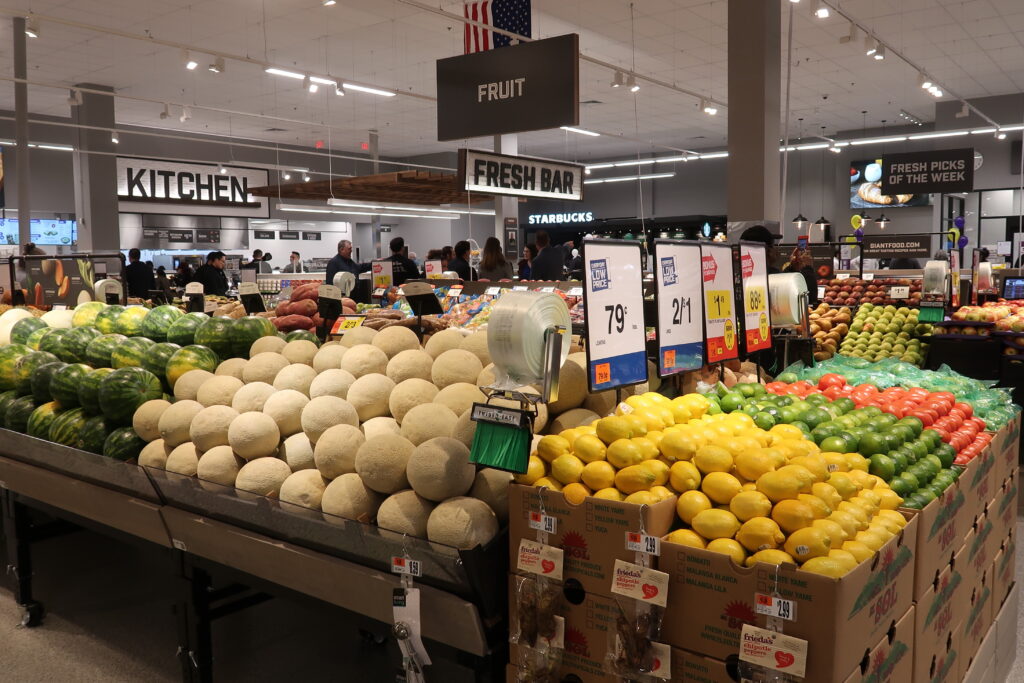State tax on groceries eliminated

As of Jan. 1, Virginian’s grocery costs were slightly reduced, as the elimination of the 1.5 percent state sales tax on groceries took effect. Localities are still collecting a 1 percent tax on groceries, however.
The grocery tax cut will reduce state revenue by some $7 million – a small portion of the roughly $4.9 billion Virginia expects to collect in sales taxes in 2024.
The reduced tax applies to most staple grocery items and cold-prepared foods packaged for home consumption. It does not apply to prepared hot foods, alcoholic beverages, tobacco, and seeds and plants to grow food for home consumption.
The reduced tax rate also doesn’t apply to other food vendors, such as caterers, ice cream stands, and food trucks.
The sales tax on certain personal hygiene products, such as menstrual supplies, diapers, and disposable undergarments, was reduced from 2.5 percent to 1 percent.
Also, on Jan. 1, the minimum wage was raised from $11 to $12 an hour. That’s equivalent to a 9 percent raise for employees currently earning the minimum wage.
In 2020, Virginia was one of 30 states that set the minimum wage above the federal requirement of $7.25 an hour. At that time, the General Assembly phased in an increase to $9.50 in 2021 and $11 in 2022.
If the General Assembly agrees in the 2023 session, the minimum wage could rise to $13.50 in 2025 and $15 in 2026.
According to federal data, 329,000 to 364,000 Virginians with full-time jobs earn less than $12 an hour.

